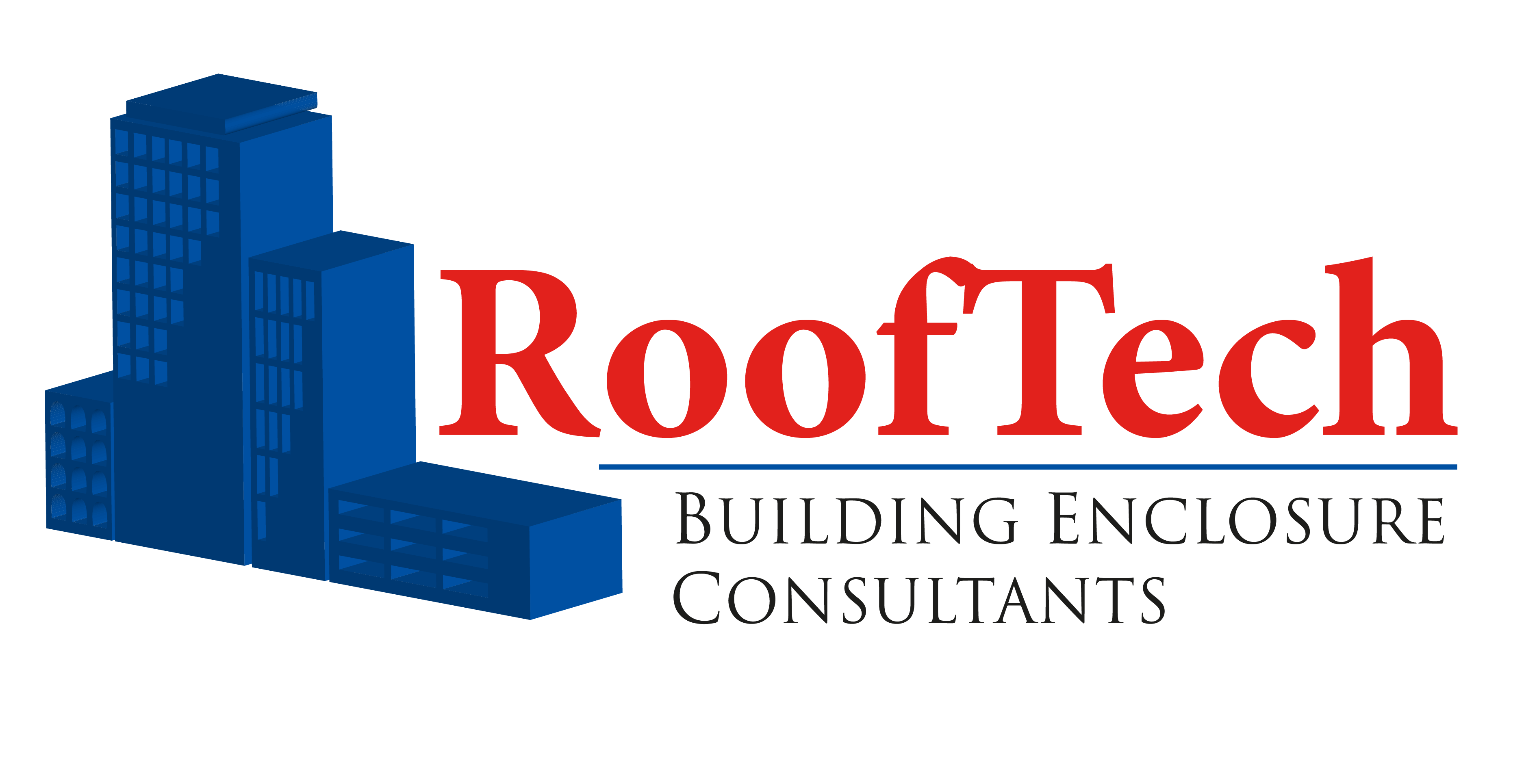01 Jan The High Cost of Co-op Purchasing Agreements
Just recently another co-op purchasing agreement was called to task at Schuylkill County Area Vocational Tech School in Mar Lin, PA. The co-op agreement allowed approved firms to provide “all-in” pricing that would include material, installation, and design for multiple roof replacements. The “not-to-exceed” budget submitted to the school by their co-op approved roof manufacturer was $2.519 million. Instead of signing the contract a board member (David Frew) recommended they research alternative pricing. The committee researched their options and hired a third-party construction manager to design and oversee the roof replacement project. As a result of this additional research the project is estimated to cost $1.710 million – approximately $800,000 less than what was offered by using the co-op purchasing agreement.
“The state contract procurement, while convenient, may not offer the most competitive approach to this type of work. Our experience with other school districts is that better pricing can be obtained from the marketplace via competitive bids vs. the state contact,” wrote Frew.
Cooperative purchasing is sold as a way for large entities or publicly funded organizations to purchase goods or services at a “fair” rate from “vetted” manufacturers and/or firms. Co-ops are most commonly used in public school and hospital settings. In commercial roofing co-ops often limit the Owner to a short list of roof manufacturers and their approved installers. In those instances who is to say that the correct roof type is being installed, that pricing is “fair” compared to the open market, and that the installers are best suited for job?
We see similar stories from across the country all too often. Don’t hesitate to question how money, especially public funds are spent.
Cale Prokopf, RRO, REWO
President
